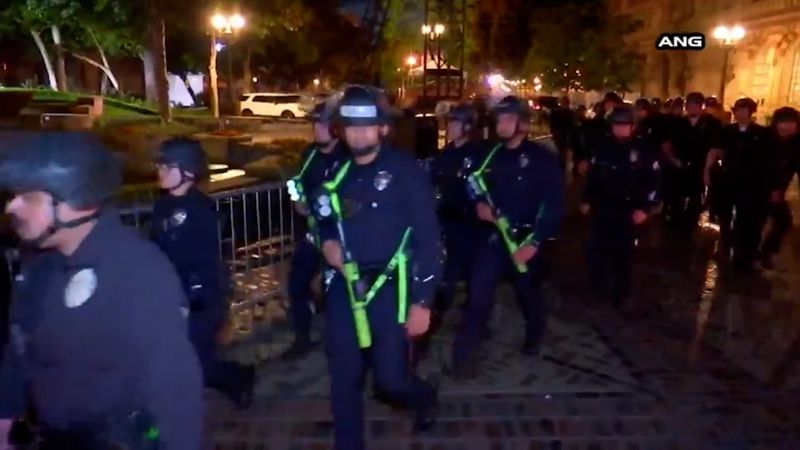A boost in the minimum wage to $17 per hour, increased subway service and a ban on new gas stoves and other fossil-fueled cooking appliances are part of the $229 billion state budget bill Gov. Hochul signed on Wednesday.
:quality(70)/cloudfront-us-east-1.images.arcpublishing.com/tronc/SZNK355EINF5RNT4D465QWPGAU.jpg)
Here are highlights of some of the policy provisions in the budget that are now state law:
- The minimum wage is scheduled to rise in the city from $15 to $16 next year, and then up to $17 by 2026. After 2026, the minimum wage is to rise at a rate pegged to inflation.
- An increase in subway service is on track after the state approved fresh funding for the Metropolitan Transportation Authority. More trains will run on more than a dozen lines starting this summer. The budget also provides for a pilot program of five fare-free bus routes in the city, according to Hochul’s office.
- Fossil-fueled heating and cooking systems in new buildings are due to be barred, with bans taking effect for smaller buildings at the end of 2025 and for larger buildings at the end of 2028. Gas stoves in existing homes are safe.
- The cigarette tax is ticking up by $1 under the budget plan, to $5.35 per pack. The boost means New York State will have the highest cigarette tax in the U.S., Hochul’s office said.
:quality(70)/cloudfront-us-east-1.images.arcpublishing.com/tronc/HC3NLIOMZFBQ3E2I7ACOU4A5UA.jpg)
- In-state SUNY and CUNY students can rest easy knowing that they will not be hit with tuition increases at the state’s public colleges and universities. Out-of-state students, however, face tuition hikes.
- Younger students in some low-income schools could see increased access to free food. The budget includes $134 million in funds for free breakfast and lunch.
- A boost to the effort to weed out illegal pot shops is part of the budget, which increases the enforcement powers of the Office of Cannabis Management and Department of Taxation and Finance and steepens fines for selling marijuana without a license. “Unlicensed dispensaries violate our laws, put public health at risk, and undermine the legal cannabis market,” Hochul said in a statement.
- The budget also takes aim at crime. Bail reforms have been tweaked — again — and the state has committed $772 Million toward the fight against gun violence, according to the governor’s office.






:quality(70)/cloudfront-us-east-1.images.arcpublishing.com/tronc/SZNK355EINF5RNT4D465QWPGAU.jpg)
More News
Driver dies crashing into White House gates: authorities
Massive floods inundate Houston area as downpours continue
Bomb scare emails target NYC synagogues, Brooklyn Museum